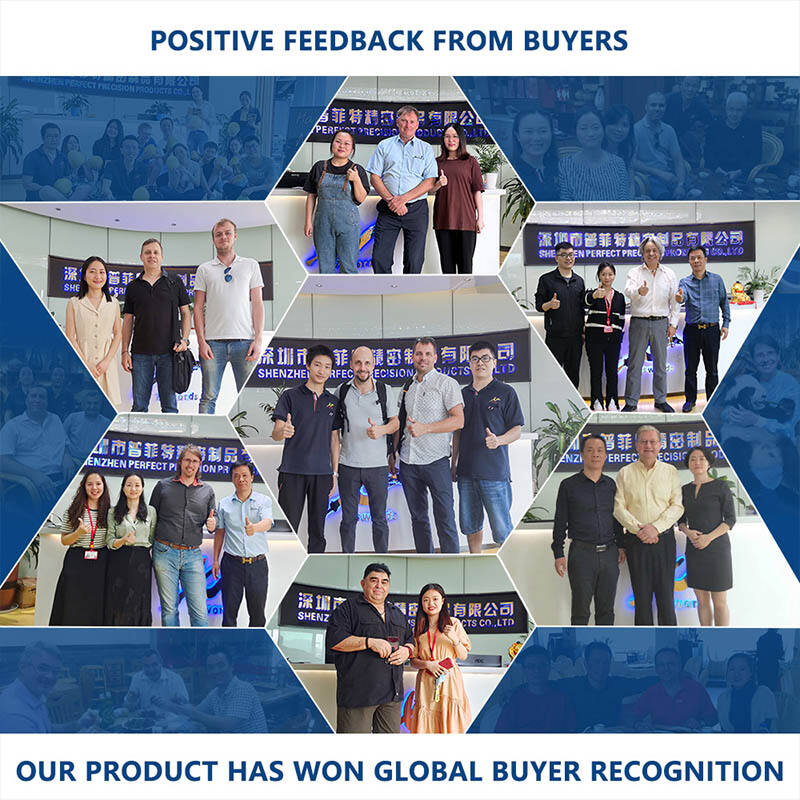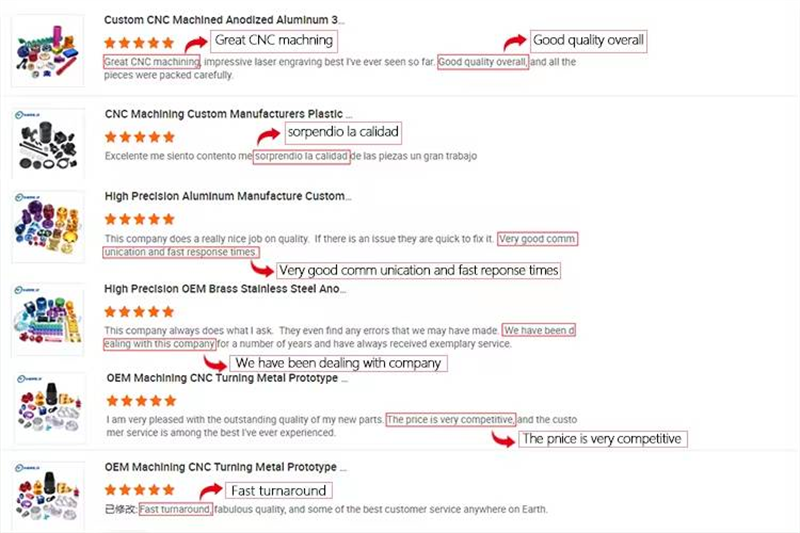Building 49, Fumin Industrial Park, Pinghu Village, Longgang District
Sunday Closed
Type:Broaching, DRILLING, Etching / Chemical Machining, Laser Machining, Milling, Other Machining Services, Turning, Wire EDM, Rapid Prototyping
Model Number:OEM
Keyword:CNC Machining Services
Material:Aluminum alloy
Processing method :CNC milling
Delivery time:7-15 days
Quality:High End Quality
Certification:ISO9001:2015/ISO13485:2016
MOQ:1Pieces
Product Overview
In the world of modern manufacturing, the need for precision, accuracy, and reliability has never been greater. Companies across various industries—ranging from aerospace and automotive to medical and electronics—rely on precision engineering services to produce high-quality components that meet exacting standards. These services involve the design, development, and fabrication of parts with extreme accuracy, ensuring they perform seamlessly in demanding applications.

Precision engineering services encompass a wide range of activities focused on producing components and systems with incredibly tight tolerances and intricate specifications. The goal of these services is to manufacture parts that are highly accurate, durable, and fit for use in high-performance environments. From the selection of materials to the final finishing, every step of the process is carefully managed to ensure optimal results.
Common techniques used in precision engineering services include:
· CNC Machining: Computer Numerical Control (CNC) machines are used to precisely cut, drill, and mill materials with high accuracy, making them essential for complex geometries and tight tolerances.
· 3D Printing: Also known as additive manufacturing, 3D printing enables the creation of prototypes and low-volume production with intricate designs and minimal material waste.
· Laser Cutting: A highly accurate method for cutting through a variety of materials, laser cutting provides clean, precise edges and detailed shapes.
· Injection Molding: For high-volume production of parts, injection molding allows for the creation of complex geometries with high consistency.
· Surface Finishing: Techniques like polishing, anodizing, and coating are employed to improve the appearance, performance, and durability of components.
Key Benefits of Precision Engineering Services for Your Business
1.Improved Performance
Precision-engineered parts are designed to perform optimally under stress, temperature variations, and other challenging conditions. By using high-precision components, your final product will function better and last longer.
2.Increased Safety and Compliance
In industries such as aerospace, medical, and automotive, safety is a top priority. Precision engineering ensures that all parts meet regulatory standards and are built to prevent failures that could lead to accidents or legal consequences.
3.Enhanced Product Aesthetics
Precision engineering doesn’t just focus on function; it also ensures that parts have a smooth, polished finish, improving the overall look and feel of your product. This is especially important in consumer goods and luxury items.
4.Reduced Maintenance Costs
High-quality, precision-engineered components are more durable, reducing the frequency of repairs and maintenance. This not only lowers costs but also minimizes downtime, increasing overall productivity.
5.Customization and Flexibility
Whether you need prototypes, one-off designs, or mass production, precision engineering services can be tailored to your specific requirements. Engineers can work with you to develop solutions that meet your exact needs, ensuring you get the best possible product.
The versatility and accuracy of precision engineering services make them indispensable in a variety of industries. Some key sectors that rely heavily on precision engineering include:
· Aerospace: Aerospace manufacturers require precision components for aircraft, spacecraft, and satellite systems. These parts must meet stringent safety and performance standards, making precision engineering a necessity.
· Automotive: Automotive engineers use precision parts for engine components, braking systems, and sensors. Precision engineering services ensure that every part works harmoniously within the vehicle’s complex systems.
· Medical Devices: In the medical field, precision engineering is crucial for creating implants, surgical instruments, and diagnostic tools. These parts must be crafted with high accuracy to meet health and safety standards.
· Electronics: Electronics manufacturers depend on precision engineering for connectors, circuit boards, housings, and other components that need to function reliably in small spaces with high tolerances.
· Energy and Utilities: Precision parts used in energy generation, oil and gas extraction, and utilities infrastructure need to withstand harsh environments and perform reliably under pressure. Precision engineering ensures that these components meet the highest standards.
· Defense and Military: Precision-engineered parts used in defense systems, weapons, and surveillance equipment must meet rigorous specifications to ensure operational efficiency and safety in critical missions.
In industries where performance, precision, and quality matter most, precision engineering services are essential for achieving the highest standards. Whether you're manufacturing components for the aerospace, automotive, medical, or electronics industries, precision engineering ensures that every part meets your exact specifications. By choosing the right precision engineering services provider, you can enhance product performance, reduce costs, and gain a competitive edge in your industry.
When you need accuracy and reliability, precision engineering services provide the solutions that matter most.


Q:What technology do you use?
A:Our facility is equipped with advanced CNC machines, multi-axis machining centers, CAD/CAM software, and quality inspection tools, ensuring precision and efficiency in every project.
Q:Can you help with the design process?
A:Yes! Our experienced engineers offer design consultation and optimization services. Whether you have a rough idea or detailed CAD files, we ensure your designs align with manufacturing capabilities and meet your specific requirements.
Q:What tolerance levels can you achieve?
A:We specialize in tight tolerances, achieving accuracies as low as ±0.001 mm. Tolerances vary by material, process, and part complexity, so contact us to discuss your specific needs.
Q:Do you offer surface finishing?
A:Yes! We provide a variety of surface finishes, including anodizing, powder coating, polishing, plating, and more. These options enhance durability, aesthetics, and functionality.
Q:What is your lead time for projects?
A:Lead times depend on the complexity and scale of your project. Prototyping can take as little as 1-2 weeks, while full production typically ranges from 3-6 weeks. We prioritize meeting your deadlines.
Q:Can you handle both small and large production runs?
A:Yes, we are equipped to handle both small-batch prototypes and high-volume production runs. Our scalable processes ensure consistent quality across all order sizes.
Q:Can you provide inspection reports and certifications?
A:Yes, we provide detailed inspection reports, material certifications, and other documentation to meet your compliance and quality assurance needs.
Q:How do you determine pricing?
A:Pricing depends on factors like material choice, complexity, tolerances, order quantity, and finishing requirements. Request a free quote, and we’ll provide a transparent cost breakdown.
Q:Can I visit your facility?
A:Yes, we welcome facility visits! Schedule an appointment to see our operations, meet our team, and discuss your project in detail.
Copyright © Shenzhen Perfect Precision Products Co., Ltd. All Rights Reserved — Privacy Policy — Blog